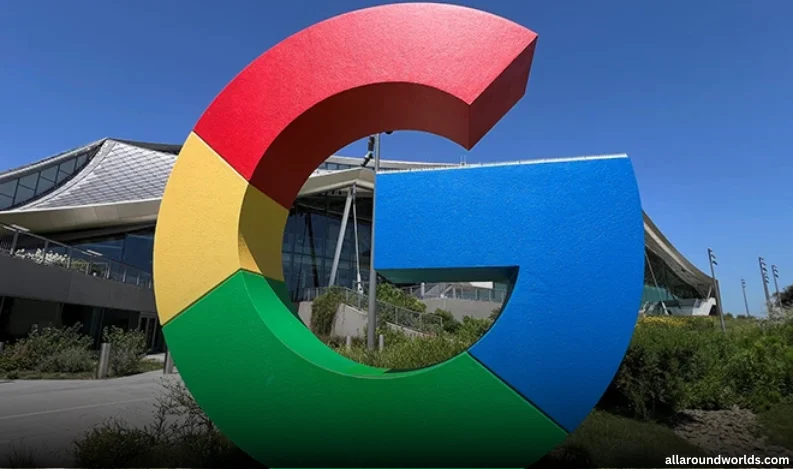
Japan Orders Google to Cease Forcing Pre-Installation of Chrome and Other Apps on Local Smartphones
Tokyo – In a decisive regulatory blow, Japan’s Fair Trade Commission (FTC) has ordered Google, a unit of Alphabet Inc., to halt alleged anticompetitive practices that have pressured Japanese smartphone manufacturers into prioritizing Google’s services on their devices.
The cease-and-desist order, issued Tuesday, accuses the U.S. tech behemoth of leveraging its control over the Google Play app ecosystem to compel local manufacturers—including Sony Group Corp. and Sharp Corp.—to pre-install and prominently display Google apps such as Chrome on the home screens of Android devices sold in Japan.
The FTC’s ruling asserts that Google’s dominance in the mobile operating system market gave it an unfair advantage. With Apple’s App Store being the only major alternative and Apple’s iPhones commanding the lion’s share of Japan’s smartphone market, local OEMs had little choice but to accept Google’s terms in order to remain competitive.
The Commission further alleged that Google dangled revenue-sharing incentives to dissuade manufacturers from preloading rival search engines or applications. Such deals, the regulator says, harmed competition and stifled the growth of alternative platforms.
Trade Talks Context
This move comes at a diplomatically sensitive moment, just as Economic Revitalization Minister Ryosei Akazawa prepares to visit Washington for trade negotiations. Japan hopes to secure relief from President Donald Trump’s tariffs on a range of Japanese exports, but the tech order could complicate discussions.
The U.S. has expressed concern over Japan’s Digital Platform Act, introduced to promote transparency among digital giants. American trade officials argue the law places a disproportionate regulatory burden on U.S. firms, raising compliance costs and harming competitiveness.
Market Power and Allegations
According to the FTC, Google exploited the diminishing market share of Japanese handset makers, essentially offering access to its indispensable app marketplace in exchange for prime positioning of its services. This tactic echoes strategies used globally—most notably in Europe—where Google and other tech firms have faced similar scrutiny and fines.
“Google placed conditions on access to critical app infrastructure that left local manufacturers with little bargaining power,” said a Tokyo-based analyst. “This is a significant step toward rebalancing that relationship.”
The Japanese regulator’s decision follows earlier rebukes from the European Union, which has accused both Google and Apple of using their market control to suppress rivals and dictate terms to hardware partners. In the U.S., Google faces escalating legal pressure, with the Justice Department recently winning a court ruling stating the company illegally monopolized the search market. A structural breakup of parts of Google’s business is now reportedly under consideration.
Google’s Response
In a December statement, Google expressed disappointment with the FTC’s findings, claiming the company had engaged in constructive discussions with the watchdog and offered voluntary remedies to address concerns. However, the regulator appears unsatisfied with those proposals, opting instead for formal enforcement action.
The order represents Japan’s first direct antitrust intervention against a U.S. tech giant and could set a precedent for future oversight. Analysts suggest that more rigorous local regulation may follow, as governments globally seek to rein in the unchecked power of big tech.
As Japanese smartphone manufacturers look to reclaim lost ground in a fiercely competitive market, the decision could empower them to explore alternative partnerships, innovate freely, and reduce dependence on dominant U.S. platforms.



Recent Comments: